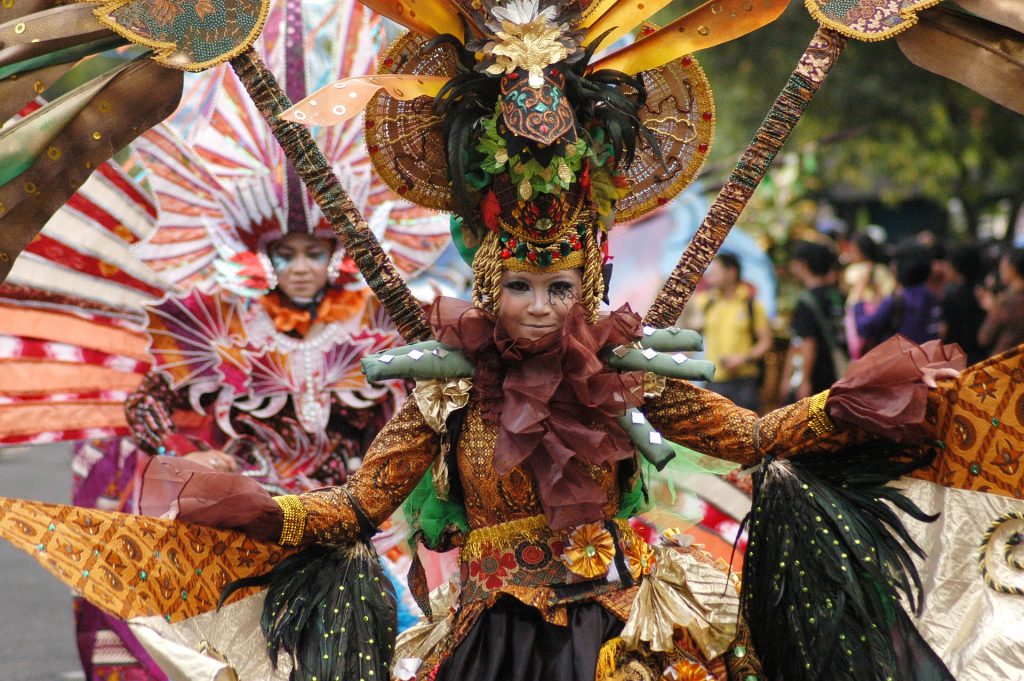Introduction
Carnival in Brazil is a spectacular celebration, a riot of colors, music, and dance that engulfs the country every year. In this journey, we’ll immerse ourselves in the rich history, rhythms, and cultural significance of Carnival, with a special focus on the grand celebrations in Rio de Janeiro and Salvador.
Carnival Origins: A Rich History
The roots of Carnival in Brazil trace back to diverse cultural influences, creating a unique and vibrant celebration.
Rio de Janeiro Carnival
Rio de Janeiro’s Carnival is synonymous with Brazil’s festive spirit, offering grand parades, samba rhythms, and breathtaking costumes.
Salvador Carnival
Salvador’s Carnival offers a different perspective, with its street party atmosphere and the contagious beats of axe music.
The Carnival Calendar
Carnival doesn’t happen on just one day; it’s a multi-day celebration with different phases and events.
Carnival Costumes and Samba Schools
Discover the elaborate and imaginative costumes that adorn Carnival participants and the significance of samba schools.
Music of Carnival: Samba vs. Axe
Compare the musical genres of samba in Rio and axe in Salvador, each defining the local Carnival spirit.
Culinary Delights of Carnival
Explore the culinary delights of Carnival, including traditional dishes like feijoada and acarajé.
Carnival Beyond Brazil
Carnival is not exclusive to Brazil; learn about other countries that celebrate Carnival in their unique ways.
Cultural Significance of Carnival
Uncover the profound cultural and social significance of Carnival in Brazil, from uniting communities to challenging social norms.
Carnival Preparation: Tips for Travelers
If you’re planning to experience Carnival, these practical tips will ensure a memorable and safe journey.
Carnival’s Impact on Tourism
Delve into how Carnival contributes to Brazil’s tourism industry and the economic impact it generates.
The Sambadrome and Blocos of Salvador
A closer look at the iconic Sambadrome and the vibrant blocos (street parties) of Salvador.
Carnival Safety: Dos and Don’ts
Essential guidelines to ensure a safe and enjoyable Carnival experience, emphasizing responsibility.
Conclusion
In conclusion, the Carnival experience in Brazil is a celebration like no other, an intoxicating blend of history, culture, music, and unity. It’s an unforgettable journey that leaves a lasting impression on all who participate.
FAQs
When is Carnival in Brazil?
- Carnival’s timing varies each year, but it typically occurs in February or March.
Which is the best Carnival to attend: Rio or Salvador?
- The choice depends on your preferences. Rio offers grand parades, while Salvador boasts lively street parties.
Can tourists participate in Carnival parades and blocos?
- Yes, tourists can join certain parades and blocos, but check for specific details and costumes.
Is Carnival family-friendly?
- Yes, many Carnival events are family-friendly, and there are specific areas designated for families.
How do I get tickets for Rio’s Sambadrome or Salvador’s blocos?
- Tickets can be purchased online or at designated venues, but book well in advance, as they sell out quickly.
